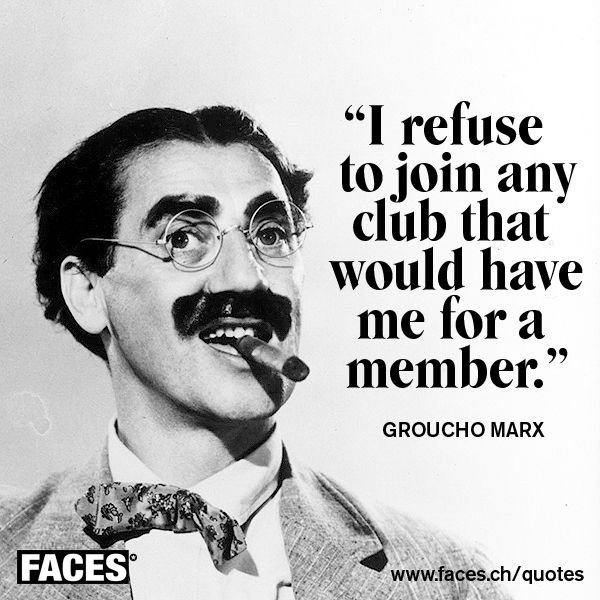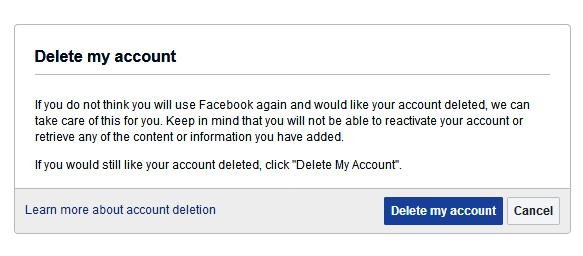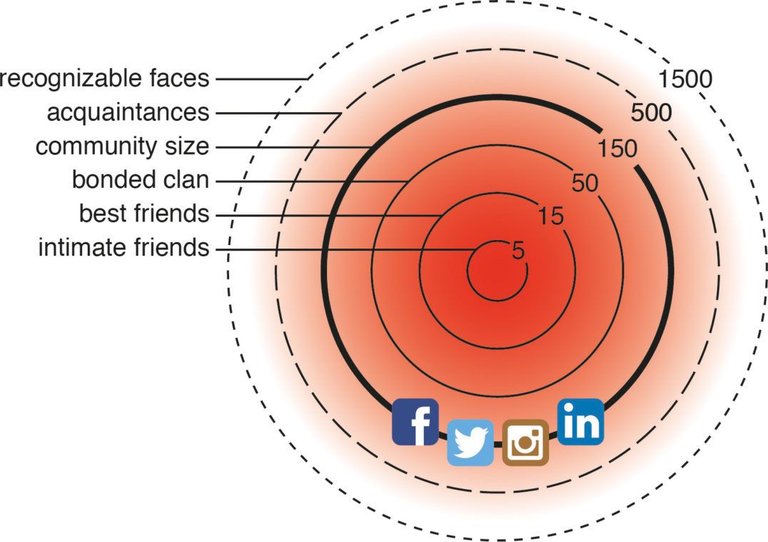
Events at Facebook over last few days have exposed a gross and uncomfortable mis-match between community trust and corporate behaviour.
The alleged sell-out of data believed to be safe in the hands of the people who aim to "give people the power to build community and bring the world closer together" has caused much shock and alarm, prompting threats of account deletion and/or consideration of other options.
We've grown used to sharing our inner-most thoughts, photographs, videos and mostly every other kind of personal and precious information, that to the ever-growing Internet giants, is seemingly just 'data' to be traded, and even used against us in a disgusting, 'psychographic' battle for our thoughts.
But what are the alternatives?
- Make Facebook a safer option, by increasing anti-Facebook-intrusion protection (e.g. F.B. Purity - https://www.fbpurity.com/)
- Leave Facebook and any other personal data-trading platforms (can be done here: https://www.facebook.com/help/delete_account)
- Find or create an alternative
The first of these might share the dynamics of staying with an abusive partner; you stay with someone who doesn't respect you, but build your own defences within an admission of defeat scenario. In this option we might compromise some of our values in exchange for a continued benefit. This, to me, is a malnourishing and unsustainable option, yet entirely understandable within the entire spectrum of compromises made in fast-moving, modern life.
The second option is not for the feint-hearted, a harsh kind of cutting-your-nose-off-to-spite-your-face response to betrayal. It's in many ways noble and clean, but would also show a remarkable level of detachment in relation to the amount of sentimental posts and uploads over your years of membership. You can download your 'data', which Guardian writer Arwa Mahdawi called a "mausoleum of old photos", in this piece describing her experience of that process: https://www.theguardian.com/commentisfree/2018/mar/13/i-downloaded-all-my-facebook-data-heres-what-i-learned

Personally, I favour the last option: find or create an alternative - the transitionary approach. This, in some way, not only punishes the betrayer and teaches them a long, slow lesson as members move to a new base, but also shows the self-care of more respect and security for precious shares. I'm involved in the creation of what might be considered an option and am aware - because of my role at www.ournet.news and personal obsession with such sociological phenomena - of several others including Miramir, MeWe and Sociall. There are also many new - often ICO and blockchain-based - social media component offerings like chat, messaging, publishing and trading, that are emerging to meet the new needs of 'socmed2.0' and inherited terrors of our first decade in this 'space'.
That said, the big objection that will need handling, is what I'm calling the 'Groucho Conundrum'. The trouble with new platforms is that they face a catch-22 whereby people won't join because the site is not sufficiently populated or featured; and if they won't join, the site remains insufficiently populated and under-developed. The sad and worst case scenario perhaps being a well-intentioned network, about which one cynical, yet wise acquaintance on Facebook remarked: " We just know that if we switch to an open source, ethical alternative we'll have tumbleweed for company."
On one level, they may well be right. The queue for change is a long, popular, slow-moving one; the queue for taking action for change is usually shorter and a lot less popular!
At some point though, we'll have to get over this. Our unwillingness to 'be the change' and not embrace that other sobering cliche: 'we are the ones we've been waiting for', is really our surrender to all that's worst in how society is now run. We allowed, and continue to allow Facebook and other to trade our personal lives and privacy, if we maintain the 'us and them' glass wall. Big data and big profits for the few, at the expense of the many, will prevail if we don't create (and regulate for ourselves) a club we'd want to belong to.
In my recent pre-Cambridge Analytica Facebook purge, I was moved to cull by the realisation that I only interacted with a wonderful minority of my 1,800 so-called friends. Perhaps we don't need to perpetuate the superficial security of strength (and assumed popularity) in numbers? Maybe in the new iterations of social media there'll be a shift from large scale to small community for the most fruitful and authentic sense of connection. A virtual downsizing is certainly supported by Mark Maslin in his article - Why Humans Are So Smart—And So Stressed Out. This article suggests "Homo sapiens evolved big brains not so that we could make tools but so that we could keep track of 150 friends and competitors."

As 'Town Crier' and Community Builder at OurNet, I favour the 'virtual village' over the Big Database. We recently moved to Portugal to develop the idea and moth-balled our 'alpha' version of the www.ournet.news site as it didn't adequately reflect the scale of our intentions. In light of recent events, we're considering re-publishing the site, but will need a developer/programmer who's primarily inline with all I've articulated above, as well as 150 people committed to helping social media make the change from toddler to teenager. Might you be the parent or guardian of 'socmed2.0'?!More at: https://www.sapiens.org/evolution/human-brain-evolution-social/
If that's you, please email me ([email protected]), or sign up for our newsletter at: www.ournet.news
'Why Humans Are So Smart—And So Stressed Out' by Mark Maslin was originally published at https://theconversation.com/our-large-brains-evolved-thanks-to-an-ancient-arms-race-for-resources-and-mates-79183, republished in part here under Creative Commons.
I've always treated FB as a tool. I'm wary of sharing too much personal information and I never had that many connections on there. I use it for certain communities that are only on there and I will continue to use it in this way. Just because we can share our lives online does not mean we should. There are those who will exploit that data and resources are just getting a glimpse of that now. Governments may have done much worse
Thanks for taking the time to comment @steevc, turns out you took the wise route! I imagine in Facebbok's own deepstate, it's got the next 10 years mapped out, which will recognise a shift from personal to corporate at the user level.
FB has become a huge business in a short time. Their morals have not caught up. They are out to make money. I don't think they are 'evil', but they need to decide what path to take
DO NOT FOLLOW any instruction and DO NOT CLICK on any link in the comment!
Please consider to upvote this warning if you find my work to protect you and the platform valuable. Your support is welcome!WARNING - The message you received from @singhsimran is a CONFIRMED SCAM! For more information, read this post: https://steemit.com/steemit/@arcange/phishing-site-reported-upperwhale
I must delete my facebook too . I have think this last 2 month .